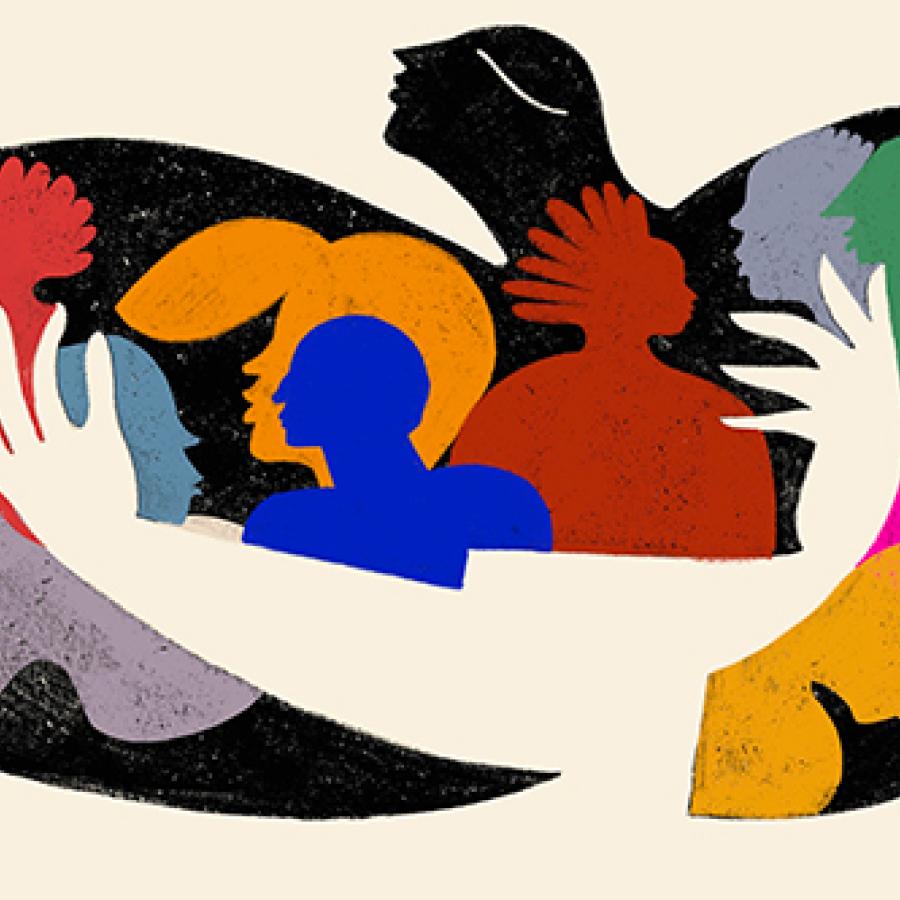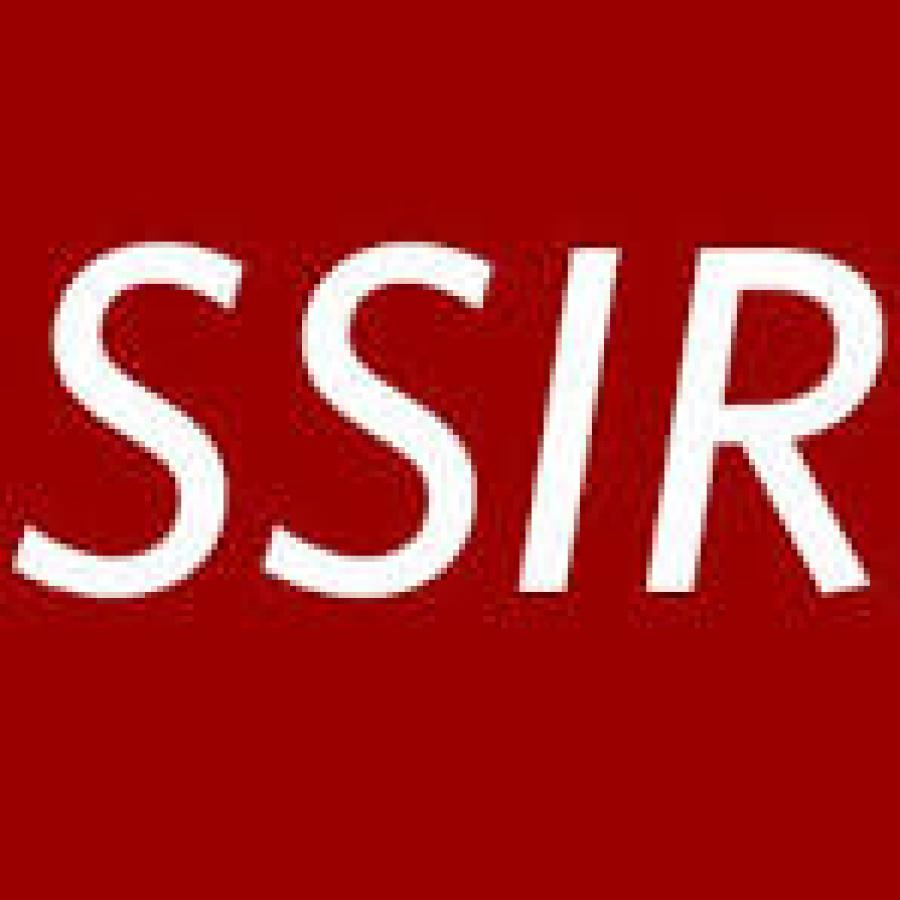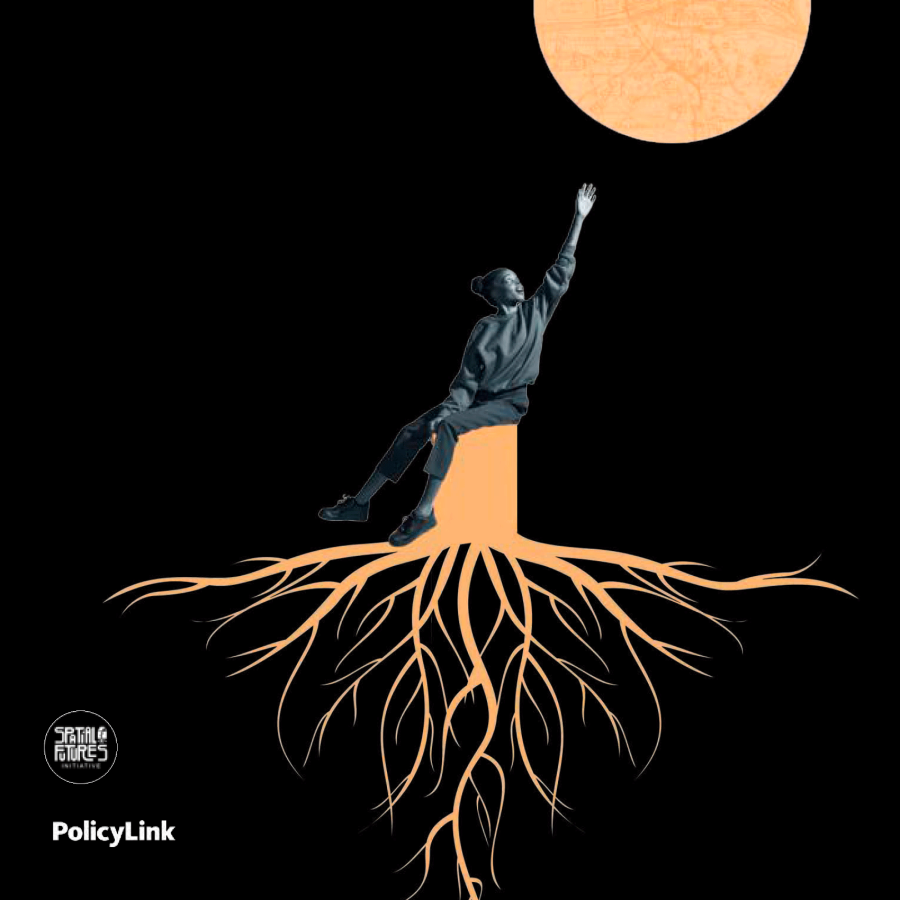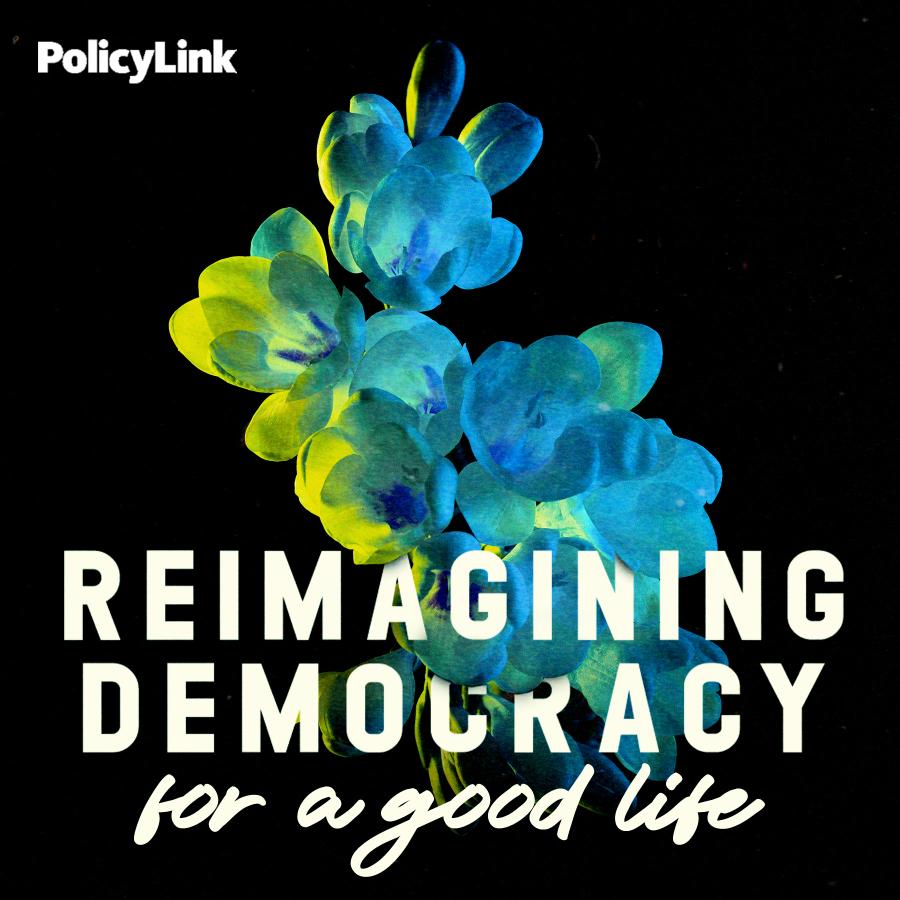Featured Resources
Browse our featured publications, webinars, news, and tools to build a future where all people in the United States of America can participate in a flourishing multiracial democracy, prosper in an equitable economy, and live in thriving communities.





